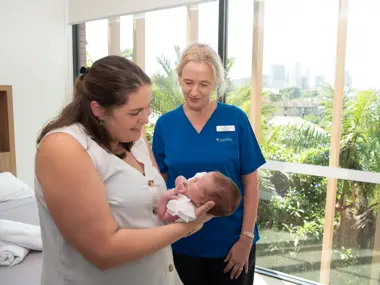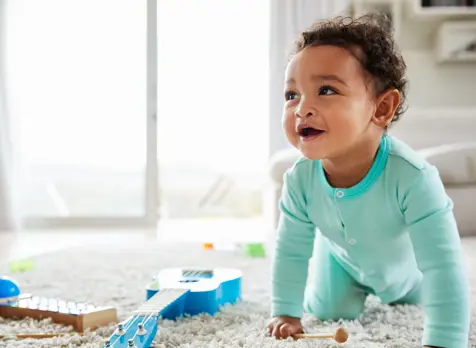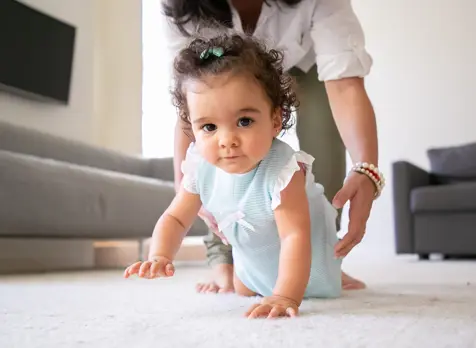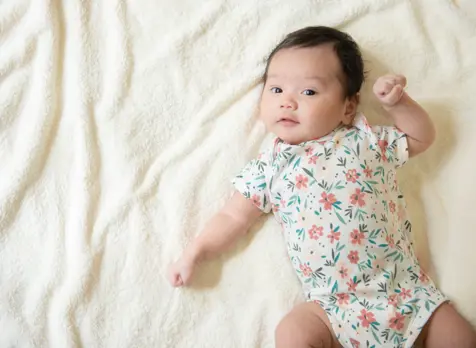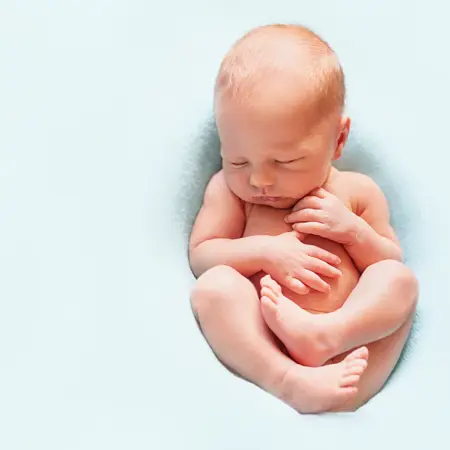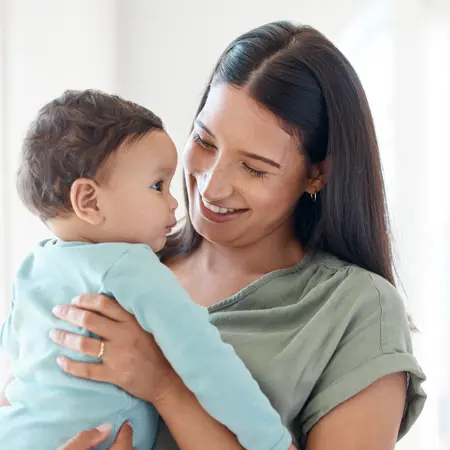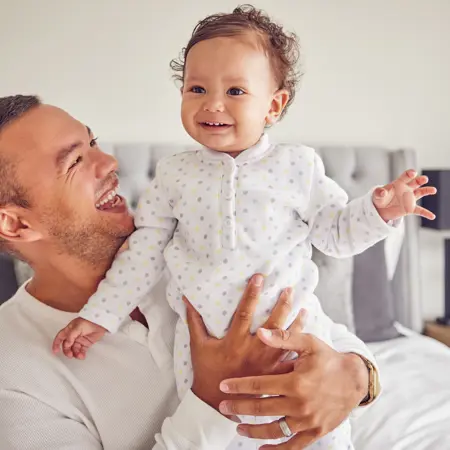Baby Development
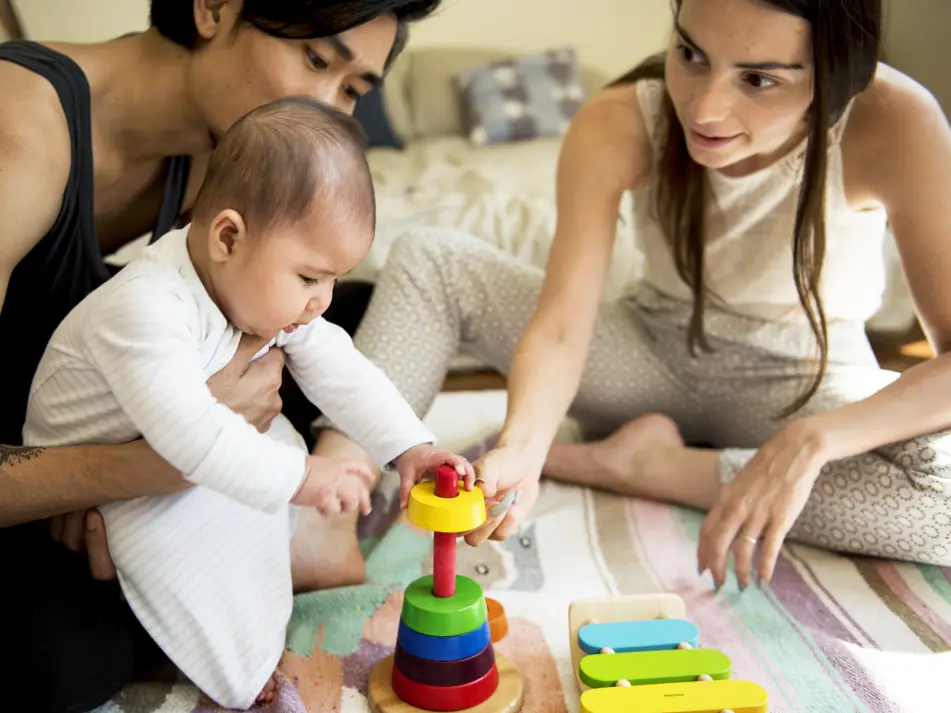
On this page
The first 2000 days of life are important for a baby's developing brain. Baby's brains develop through interactions with their caregivers and through connection and play.
Spend quality time with your baby when they're awake, giving them with lots of love and cuddles.
Your Baby’s Brain
Your baby's brain is growing and developing from birth. Babies learn about the world through their relationship with their caregivers. You can help their brain develop in these ways.
1. Provide a secure base
During the first 2000 days of life, your baby’s brain will go through an incredibly rapid period of development.
A baby’s brain needs exposure to simple, everyday skills and experiences. Babies are fast learners, especially when interacting with the people who love and care for them.
Be as available as you can during your baby's awake windows and always respond positively to them with lots of cuddles and attention. This will help your baby to gain a strong sense of security and a secure base. One of your roles as a parent is to be a reliable source of comfort for your baby
2. Stay in tune with your baby
As a caregiver, it's important to notice the little things about your baby’s facial expressions, their body language and emotions. It will help you will feel more connected to your baby and help you understand what they're trying to tell you.
Examples include:
- When they are feeding and grasp your finger and look into your eyes
- When you receive your first recognisable smile
- When they follow you around the room with their eyes
- When they have an intense conversation with you, making sounds, leaving spaces for you to talk and respond
These are just some of the joyous moments that provide the glue for a relationship with your baby.
3. Share books and music
Research shows they can help your baby’s brain development, so talk, sing and read regularly to your baby from an early age.
4. Help settle them to sleep
Minimise distress with your baby by helping them settle to sleep in a caring and responsive way.
You can learn more about responsive settling techniques.
5. Develop a daily routine
Babies respond well to having a daily routine or pattern as routines make their world more predictable. Routines need to be flexible and baby-led wherever possible.
Baby Development Milestones
Here’s a guideline to some 'baby milestones’ you can expect between the ages of 3 to 12 months. All children are different and develop at their own pace.
Milestones for a 3 month old baby
- Has good head control.
- Hands loosely open.
- Needs shoulder supported when being bathed or dressed.
- Lying on their front, they can lift head and front portion of their chest to a 90 degree angle, taking their weight on the forearms.
- Can start to sit for short periods of time in a well-supported sitting position.
- Waves arms symmetrically.
- Shows a desire to grasp an object.
- If a rattle is placed in their hand, baby will actively hold onto it.
- Grasp is no longer a reflex, it is now a voluntary action.
Milestones for a 4 month old baby
- Chuckles (not yet a full laugh) when you try to make them laugh.
- Looks at you, moves, or makes sounds to get or keep your attention.
- Makes sounds back when you talk
- Turns head towards the sound of your voice.
- Looks at their hands with interest.
- Holds their head steady without support when being held
- Brings hands to mouth
- Pushes up onto elbows/forearms when on tummy.
Milestones for a 6 month old baby
- Knows familiar people.
- Likes to look at themself in the mirror.
- Laughs.
- Takes turns making sounds with you.
- Makes squealing noises.
- Puts things in their mouth to explore them.
- Reaches to grab a toy they want.
- Closes lips to show they don’t want more food.
- Rolls from tummy to back.
- Pushes up with straight arms when on tummy.
- Leans on hands to support themselves when sitting.
Milestones for a 12 month old baby
- Waves “bye-bye”.
- Calls a parent “mama” or “dada” or another special name.
- Understands “no” (pauses briefly or stops when you say it).
- Puts something in a container, like a block in a cup.
- Looks for things they see you hide, like a toy under a blanket.
- Pulls up to stand.
- Walks, holding on to furniture.
- Drinks from a cup without a lid, as you hold it.
- Picks things up between thumb and pointer finger, like small bits of food.
For more information see My Personal Health Record "Blue Book".
If you are concerned about any aspect of your child’s development, contact your Child and Family Health Nurse or GP.




































